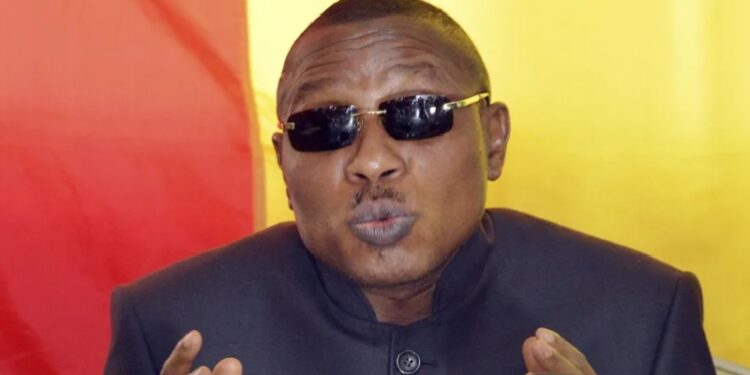By Enyichukwu Enemanna
Guinea’s former military leader, Moussa Dadis Camara, who was serving a 20-year jail term for his involvement in crimes against humanity, has been pardoned less than a year into his sentence.
The pardon, granted by the country’s junta-led government for health reasons, was announced in a decree read on state TV.
Camara is linked to one of the country’s worst massacres when, in 2009, troops under his command opened fire during a rally calling for a return to civilian rule.
More than 150 people were killed, and several women were raped.
Camara seized power when long-time President Lansana Conté died in 2008. However, not long after the massacre, he fled the country following an assassination attempt. In 2022, he returned to face justice, claiming he was innocent.
Little was known about the army captain Camara, 61, when he led the coup. He was convicted along with seven of his military commanders in July 2024 after a 22-month trial.
His pardon comes in the wake of an announcement earlier this week that the current military government intends to pay compensation to the victims of the massacre, which Camara and the others convicted had been ordered by the court to bear.
A website reporting on international justice stated that the estimated breakdown of the planned compensation is: $173,000 (£134,000) per rape victim, $115,500 per death or disappearance, $57,000 per case of looting, $23,000 per case of torture
The massacre took place in September 2009, when tens of thousands of protesters gathered at a stadium in the capital, Conakry, demanding that Camara not contest a presidential election.
Many were shot, stabbed, beaten, or crushed in a stampede as security forces fired tear gas into the stadium. At least 109 girls and women were raped, a BBC report states.
It is not clear what health problems Camara is suffering from, but his younger brother, Jean Dadis Camara, told AFP: “Everyone is happy. We thank the president.”
When Camara fled Guinea after being shot in the head, he was treated for six weeks in Morocco before taking up residence in Burkina Faso for 12 years.
His deputy went on to organise an election in 2010 that ushered in a decade of civilian rule, bringing Alpha Condé to power as president.
He was overthrown in a coup in September 2021 following protests over his controversial third term.



































